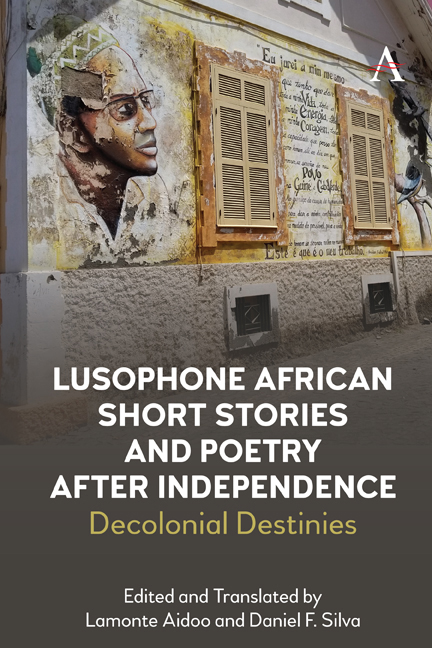Chapter 15 - Odete Semedo
Published online by Cambridge University Press: 23 February 2022
Summary
Introduction
Maria Odete da Costa Soares Semedo was born in Bissau, Guinea-Bissau, on November 7, 1959, where she resided until taking up her university studies at the New University of Lisbon. She graduated from the Kwame Nkrumah National High School in Bissau prior to pursuing her bachelor degree in social and human sciences, completed in 1990. She returned to Bissau immediately as the national coordinator of the Portuguese Language Project—a global initiative funded by the Calouste Gulbenkian Foundation in conjunction with Portuguese state entities for the teaching and dissemination of the Portuguese language in different parts of the world, namely, Portuguese immigrant communities and former Portuguese colonies. She also worked as the director of Normal School of Tchico-Té, as part of a postcolonial nation-building process through education. She went on to become the national general director of education, minister of national education, and minister of health.
During this time, she wrote and published poetry, short stories, and crónicas (short essay-like writings on daily occurrences), gaining national and international attention in the Lusophone world. She is also a cultural scholar, with her first publication coming as the editor and contributor to the Anthology of West African Francophone Literatures (1994), and also founded the Tcholona Magazine of Letters, Arts, and Culture in 1996. That same year, she published her first collection of poetry, Entre o ser e o amar (Between Being and Loving). In 2000, she published her first fictional works, two volumes of short stories drawing on her own oral historiographic research: Sonéá and Djênia. In 2003, she was recognized for her oeuvre, being named by the Guinea-Bissauan state, as the greatest contributor to the global of development of Guinea-Bissau in the realm of letters.
In 2006, she moved to Brazil to pursue her doctorate in letters at the Pontifical Catholic University of Minas Gerais, completing her degree in 2010 after successfully defending her dissertation on women's oral and literary production in Guinea-Bissau. As a doctoral student, she published her second collection of poetry, No fundo do canto (At the Bottom of the Song, 2007), from which the poems below have been translated.
- Type
- Chapter
- Information
- Lusophone African Short Stories and Poetry after IndependenceDecolonial Destinies, pp. 175 - 184Publisher: Anthem PressPrint publication year: 2021

